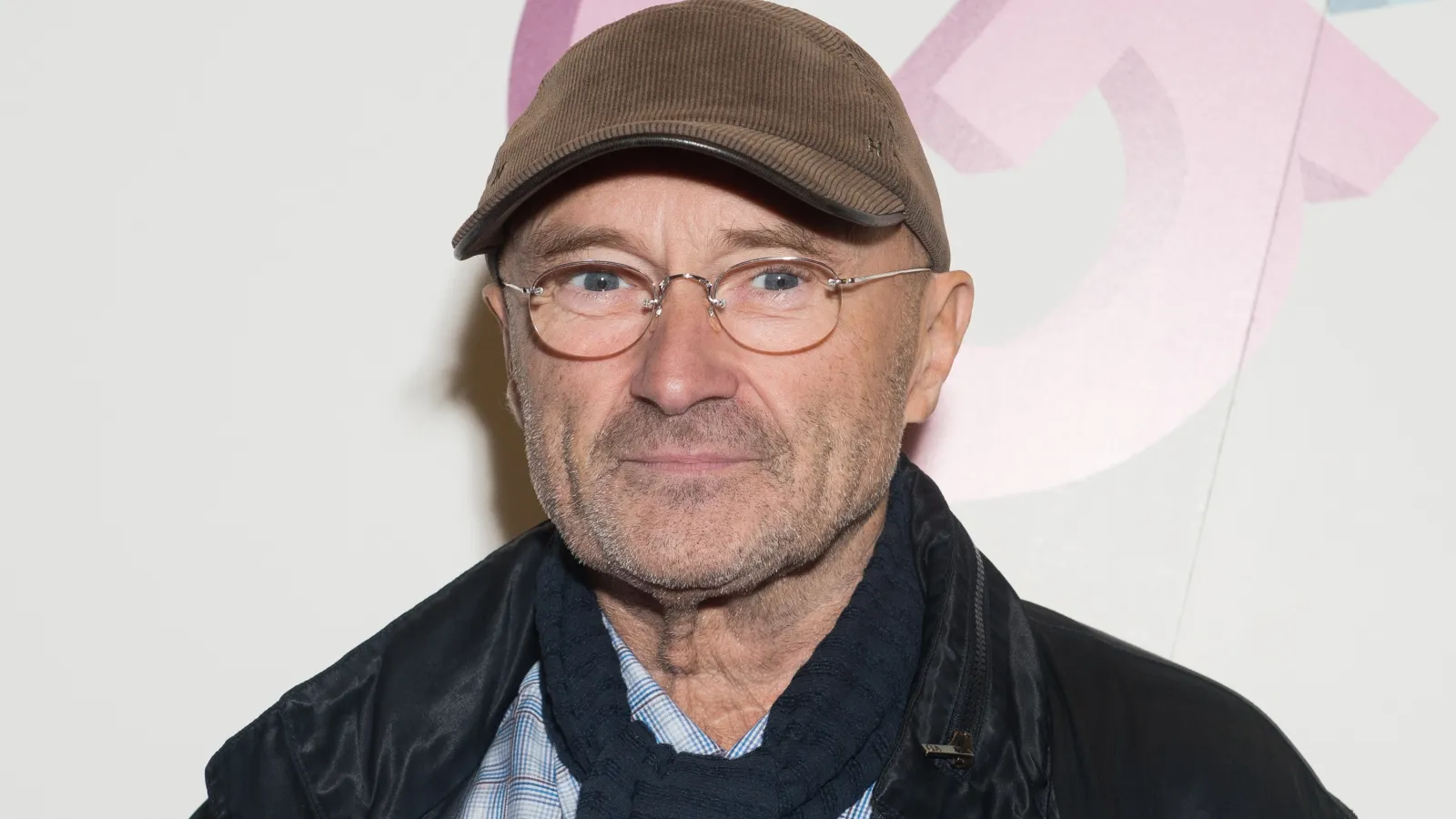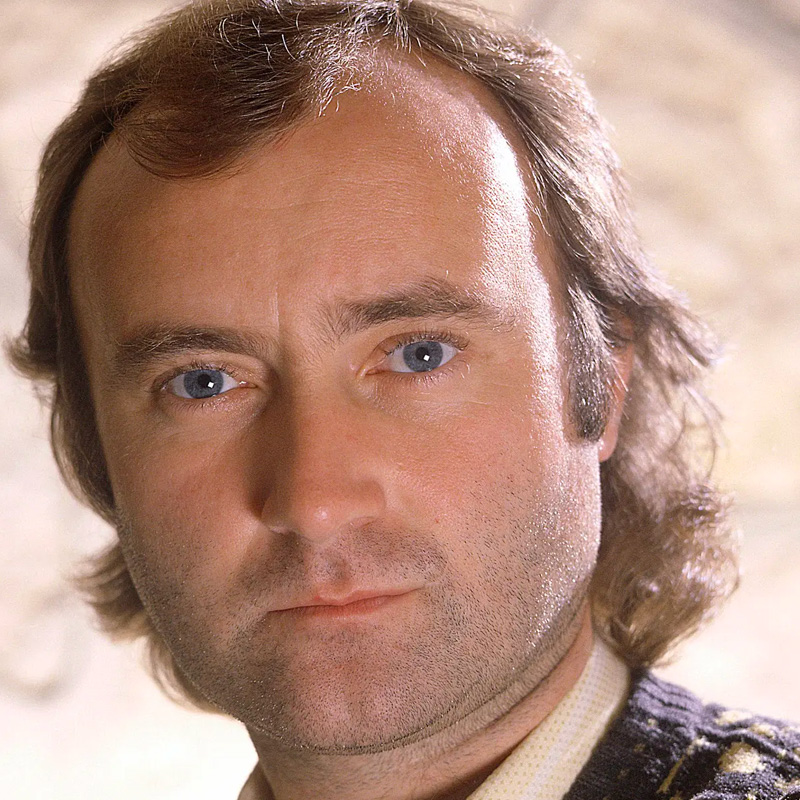
A Heartfelt Plea for Another Chance
Phil Collins, a name synonymous with emotive storytelling and powerful ballads, delivered yet another timeless classic with “One More Night.” Released in 1985 as the lead single from his third solo studio album, “No Jacket Required,” this song swiftly climbed the charts, resonating deeply with audiences worldwide. It reached number one on the Billboard Hot 100 in the United States and secured high positions in numerous other countries, cementing its place as a quintessential piece of ’80s music history.
The genesis of “One More Night” is rooted in Collins’ personal life, marked by a period of introspection and longing. Known for channeling his own experiences into his music, Collins wrote this song during a time when he was grappling with complex emotions following his divorce. The song captures the profound yearning for reconciliation and the human desire for second chances. It’s a narrative that echoes universally, touching on themes of regret, hope, and the poignant passage of time.
Musically, “One More Night” is a masterclass in simplicity and emotion. The track features Collins’ signature drum machine rhythms coupled with his soulful piano playing and heartfelt vocals. This combination creates an intimate atmosphere that draws listeners into the very core of the song’s emotional landscape. The gentle yet persistent beat mirrors the persistent hope for rekindling lost love, while the melody carries an undercurrent of vulnerability and earnest pleading.
For many listeners, especially those who experienced love and loss during the 1980s, “One More Night” serves as a poignant reminder of past relationships. Its lyrics speak directly to anyone who has ever wished for just one more moment with someone they’ve loved and lost. The refrain, simple yet profound, encapsulates a universal sentiment: the desire to pause time, to hold onto something fleeting just a little longer.
Collins’ ability to convey such deep emotion through his music is perhaps what makes his work so enduring. His voice, rich with sincerity and depth, transforms each line into a heartfelt plea that resonates deeply with audiences. This authenticity is what has allowed “One More Night” to maintain its relevance over the decades, continuing to touch new generations of listeners while evoking nostalgia among those who first heard it during its release.
The song’s accompanying music video further enhances its emotional impact. Set in a dimly lit bar where Collins performs alone at a piano, the visuals perfectly complement the song’s theme of solitude and reflection. The video’s understated simplicity allows the viewer to focus entirely on the emotional weight of the lyrics and music, drawing them even deeper into the narrative.
In retrospect, “One More Night” stands as more than just a hit single; it is a testament to Phil Collins’ exceptional talent as a songwriter and musician. It showcases his unique ability to capture complex emotions in a way that feels both personal and universal. For older audiences revisiting this track, it not only evokes memories of their own past loves but also offers a moment of introspection about life’s fleeting nature and the importance of cherishing every moment.
As we listen to “One More Night” today, we are reminded of its timeless message – one that speaks to the heart’s enduring capacity for hope and longing. It invites us to reflect on our own experiences with love and loss, encouraging us to hold dear those moments that define our lives. In doing so, Phil Collins has given us more than just a song; he has given us an enduring piece of art that continues to resonate through time, much like love itself.
